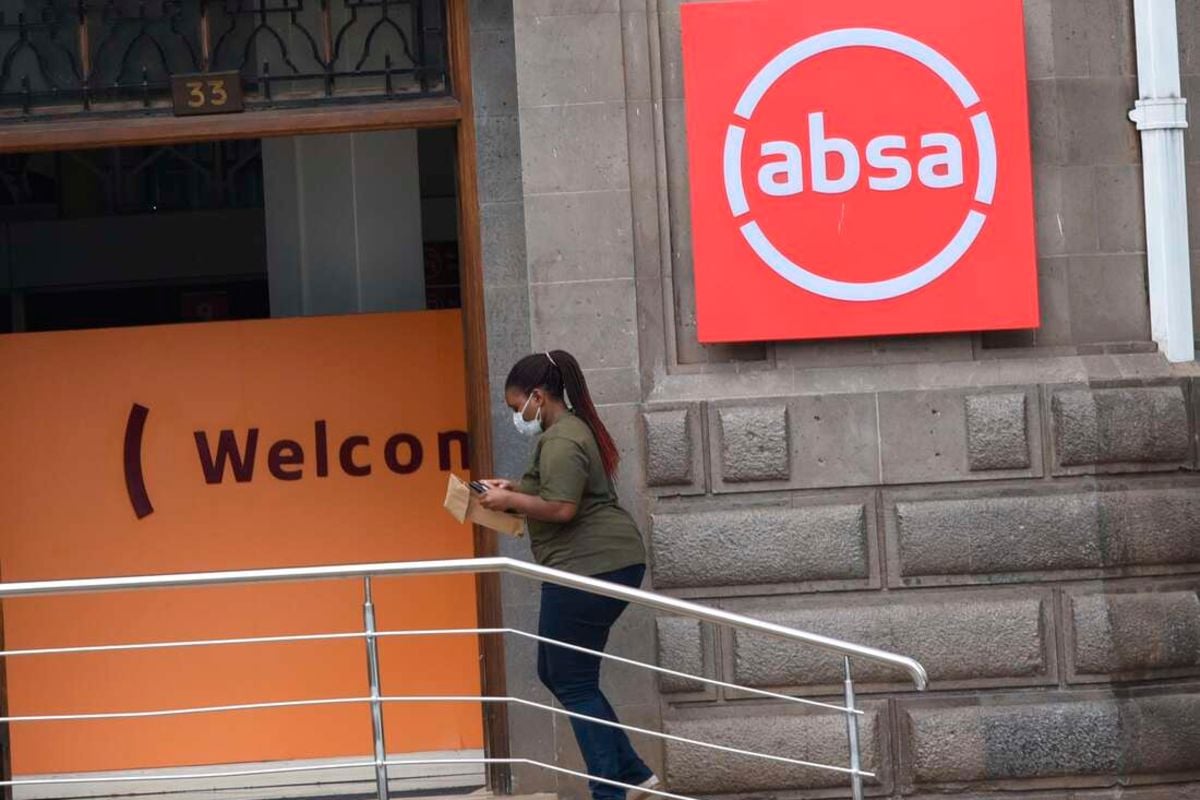Final Carbon Tax Rebate Arrives Tuesday: What to Expect & Why It's Different

Canadians are set to receive the final quarterly carbon tax rebate, officially known as the Climate Action Incentive Payment (CAIP), this Tuesday. But there's a significant twist to this payment – it arrives after the federal carbon tax on fuel was lifted on April 1st. This change raises questions about the payment's source and nature, potentially classifying it as a one-off bonus or government transfer.
Understanding the CAIP and its Connection to Carbon Tax Revenues
The CAIP has been a key component of the federal government's carbon pricing strategy. Designed to offset the impact of the carbon tax on households, it returns a portion of the carbon tax revenue directly to Canadians. The amount received depends on the province of residence and household size. Families in provinces that don't have their own carbon pricing system (like Ontario, Alberta, Saskatchewan, and Manitoba) receive the full federal rebate.
Why This Payment is Unique: The End of Fuel Carbon Tax
Historically, the CAIP was funded by the carbon tax collected on gasoline and other fuels. However, the federal carbon tax on fuel was eliminated on April 1st. This means this Tuesday's payment isn't being directly replenished by ongoing carbon tax collections from fuel purchases. Instead, it's being drawn from previously collected revenues.
Is it a Bonus or a Transfer?
The absence of ongoing fuel tax revenue adds a layer of complexity. Some financial experts are characterizing this final payment as a bonus or a government transfer, rather than a straightforward rebate. It essentially represents a final distribution of accumulated carbon tax revenue.
How Much Will You Receive?
The amount you receive depends on your province and household size. Here's a general guideline for 2024 (as of the last available data):
- Ontario: $280 per person, up to $560 for a family of four.
- Alberta: $1,672 per person, up to $3,344 for a family of four.
- Saskatchewan: $535 per person, up to $1,070 for a family of four.
- Manitoba: $371 per person, up to $742 for a family of four.
- Other provinces: Amounts vary, check the Government of Canada website for specific details.
What's Next for Carbon Pricing?
The end of the fuel carbon tax is part of a broader shift in the federal government's approach to carbon pricing. While the carbon tax remains in place for other sectors, the changes highlight the evolving landscape of climate policy in Canada. The long-term implications of these changes are still unfolding and will likely be a subject of ongoing debate.
Where to Find More Information
For the most up-to-date information on the Climate Action Incentive Payment, visit the Canada Revenue Agency website.





